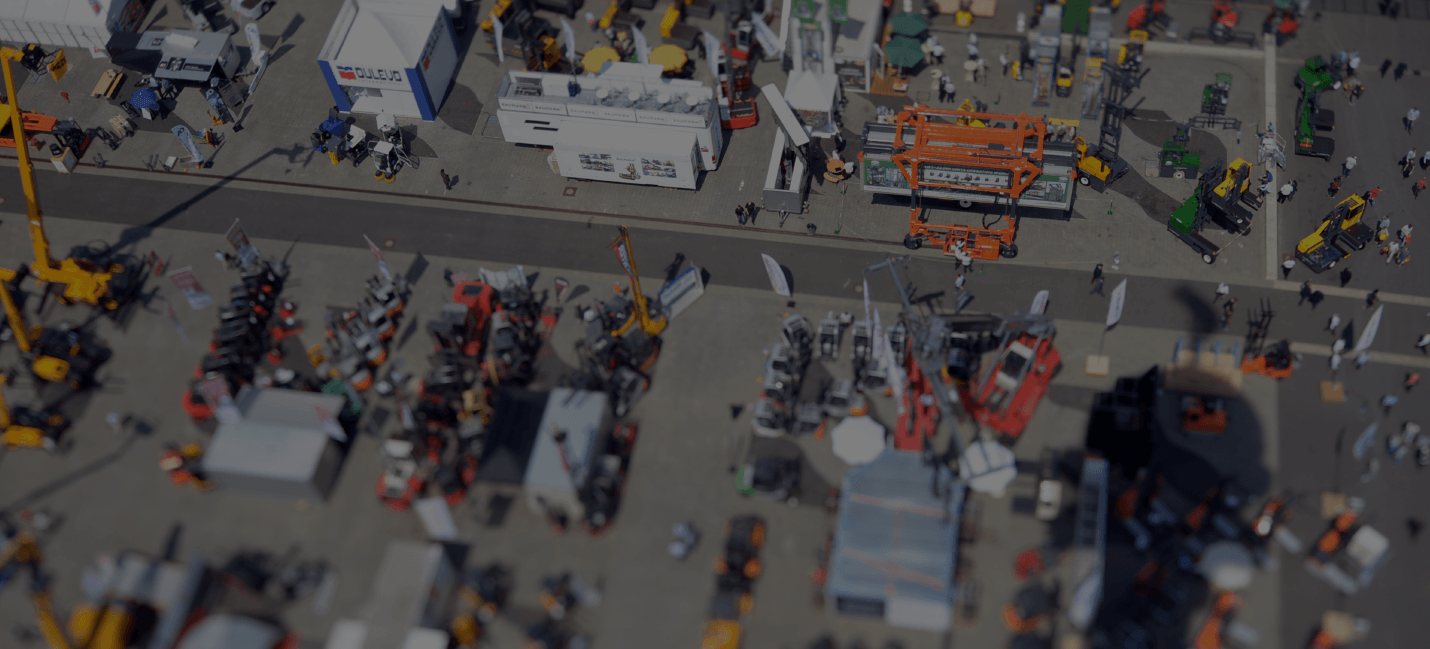Aussie supply chain looks to tech start-ups, data lakes and myth-busting automation obstacles
“We’re going to see a lot of Australian businesses partner with offshore tech start-ups to scale up on technology and automation.” – Amy Bentley
Newly appointed executive general manager of Logistics at CSR, Amy Bentley is gearing up to chair a lively discussion on automation and AI at CeBIT Australia – DIGITAL. (She reliably informs us she has some provocative questions and premises to put to our panellists on the day).
In the meantime, we asked her about the burning supply chain issues Australian businesses are currently facing.
.jpg)
What will be the big priorities for the supply chain in 2021?
I'm expecting to see a lot more investment from businesses around what they're going to do to future proof their supply chains. I think we’re going to see an explosion of businesses starting to move themselves towards Gartner’s 5 Stages of Maturity model. And in fact, the ones who are already at top end of that curve might even initiate projects that take them beyond the five steps.
What’s your take on post-2020 automation and warehouse analytics?
Businesses are going to be looking at the four elements to enhance their Supply Chain operations and be more responsive to what lies ahead – data insights, automation, mechanisation and robotics. In many cases there will be a combination of these that will enable businesses to realistically meet their aspirations based on their current situation and how can they scale up those solutions.
One of the challenges with traditional automation solutions is that they're often quite big – big in terms of footprint and cost – and not mobile. So, I think a lot more businesses will be looking at the breadth of options - for example, there are several parties out in the market now who are offering automation that is scaleable, that you can bolt on to or connect with other solutions. This means as a business grows it can be more flexible with what it chooses to invest in now but have good options for the future when volume scales either ahead of plans or later than predicted.
Another thing we are already seeing is in warehouse and transport management systems. We will see an evolution of big businesses partnering with tech start-ups or successful global solution providers who aren't on Australian shores yet to help distil all the information available and present it in real time so quick business decisions can be made. They will become integration partners who are able to expand on the existing warehouse management systems to offer new, data analytics capabilities.
There are currently a whole lot of tech start-ups working on AI real-time programs around areas like transport, warehouse optimisation and labour planning - and Australian businesses are going to benefit.
What about the use of data?
The management of data is an age-old problem. A lot more businesses are focusing on building data lakes, which are essentially repositories so big that you can put all your business data in them, and they become accessible to anyone in the organisation. A data lake allows you to start cross referencing information on particular topics across different parts of the business effectively and efficiently. It can offer really clever query-based analysis that is a departure from static database management of data.
What are the genuine barriers to automation?
I think people would say it's capital. But I don't think that's what's the ultimate issue is – especially with the cost of automation decreasing. There’s better simulation these days to prove the return on investment. For large scale automation the ROI used to be over 10 years and now it’s between three and five years.
In my opinion there are two real barriers to automation. This might be controversial, but I think one barrier is a fear at executive levels of making a poor investment decision on automation. Given the hefty price tag and the reliance on external parties to deliver it, this can be quite confronting. And that is where we hit the second barrier, which is that if you don't have the right expertise sitting at the leadership table promoting and assessing different solutions for your business and helping others internally understand it how are you going to know for sure what’s right for your business?
We can see that the businesses who have invested in the right Supply Chain and Logistics capability, complemented with experience in automation and technology, are more likely to step into unchartered territory. These businesses are already recruiting different experience to guide them into the future Supply Chain arena such as Data Scientists, Mechatronic Engineers, Robotics Specialists etc.
The question still unanswered is how does Australia build and retain this capability across our various Supply Chains so we can compete on a global scale?
Want to hear more on these ideas and more? Don’t miss the CeMAT Australia - DIGITAL panel discussion: How have the events of 2020 driven a greater business case for automation and advanced warehouse analytics? Moderated by Amy Bentley and featuring Kari Banick, General Manager at Linfox, and Bas Schilders, Principal Consultant at Fuzzy LogX.


